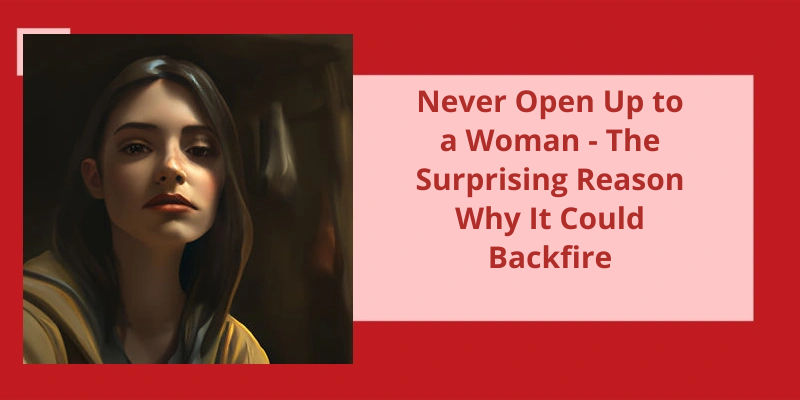In the animated musical film Frozen, Bruno isn’t a character that’s referenced directly. One possible reference could be to Bruno Mars, the American singer and songwriter known for his popular hits such as "Just the Way You Are" and "24K Magic". Another possible reference could be to Bruno Bettelheim, the Austrian-born psychologist and author who wrote extensively on fairy tales and their psychological significance. Furthermore, there’s a minor character named Oaken who some have speculated may be loosely based on a story by Hans Christian Andersen called "The Snow Queen", which features a character named Little Klaus who’s a dog named Bruno. The presence of these possible references illustrates the many ways in which popular culture can draw from multiple sources and influences to create something new and unique.
Is the Bruno Reference in Luca Related to Encanto?
Bruno, referred to in Luca, is a fictional character inspired by the famous Italian director, Federico Fellini. Bruno is the name of a fishermans motorboat in the movie, which the main characters, Luca and Alberto, use to explore the world beyond their underwater home. The name is an homage to the iconic director, who used the same name for his own yacht. Fellinis influence on the film is clear in the dreamlike and fantastical sequences that pay tribute to his work.
On the other hand, Encanto is a musical film that tells the story of the Madrigal family, who live in a magical house in Colombia. Unlike Luca, Encanto is a musical and features characters with superpowers. It’s a celebration of Latino culture, family and tradition, and has become a massive hit for Disney. The film also features original songs by Lin Manuel-Miranda, adding to it’s charm.
While both movies have been released by Disney and have a similar message of self-discovery, they aren’t related to each other in any way. The Bruno reference in Luca is a nod to Italian cinema, while Encanto focuses on Latino culture. They exist in different universes and aren’t part of a shared cinematic world.
Regardless of their differences, both movies have been wildly successful and have resonated with audiences of all ages. Luca highlights the joys of childhood and friendship, while Encanto celebrates the power of family and community. These universal themes make them enjoyable and relatable for viewers from all walks of life.
An Analysis of the Use of Bruno as a Character Name and It’s Significance Both in Luca and in Fellini’s Work.
- Bruno is a popular character name that’s been used in several works of art.
- In Luca, Bruno is the name of the antagonist, who’s the leader of the local gang.
- Similarly, in Fellini’s La Dolce Vita, Bruno is the name of one of the characters who’s constantly searching for meaning in his life.
- The use of the name Bruno may signify power, strength, or even a sense of longing.
- However, the meaning behind the name may vary depending on the context in which it’s used.
So what’s the story behind the name Bruno in Encanto? Many have wondered about the choice of name for this mysterious character since the release of the hit Disney movie. It turns out that Lin-Manuel Miranda, the songwriter behind the film’s unforgettable soundtrack, had a number of monikers to choose from when it came to naming the character. Ultimately, he went with Bruno because it allowed for a memorable and catchy line in one of the film’s most popular songs. But there’s much more to learn about this enigmatic character and the impact he’s on the story. Let’s dive in and explore the world of Encanto and it’s unforgettable cast of characters.
Why Was Bruno Named Bruno in Encanto?
The character of Bruno in Encanto is a source of curiosity and fascination for many viewers, who wonder why exactly he was named that way. As it turns out, the answer lies in the creative process behind the movie, particularly the songwriting. Lin-Manuel Miranda, the mastermind behind the music in Encanto, chose Bruno from a list of potential names that were being considered for the character.
There were several other names on the list, including Arlo, Andre, Anko, Marco, and Emo, but ultimately Bruno was the one that was chosen. One reason for this may have been that the name has a certain classic quality to it – it’s a strong, masculine, and simple name that’s been in use for centuries. This may have made it a good fit for a character like Bruno, who’s meant to be a mysterious and enigmatic figure.
However, the real reason Bruno was chosen probably had more to do with the song itself. As any songwriter knows, a catchy chorus or hook is key to making a song memorable and effective. When writing “We Dont Talk About Bruno”, Miranda likely knew that he needed a phrase that would stick in peoples heads, and the line “We don’t talk about Bruno no no no” is certainly catchy. The repetition of the “no no no” at the end of the line gives it a sing-song quality that makes it easy to remember.
It’s possible that Bruno was also chosen because it sounds a bit ominous and foreboding. The character of Bruno is mysterious and shrouded in secrecy, and his name may help to convey this sense of danger and intrigue. It’s worth noting that the name Bruno isn’t particularly common in English-speaking countries, which may make it sound a bit exotic and mysterious to some viewers.
While there may be other reasons behind the choice as well, the fact that Bruno allowed for the creation of the famous “We don’t talk about Bruno no no no” line is probably the main reason why it was ultimately chosen.
Conclusion
In conclusion, Bruno's references in Frozen reinforce the theme of self-discovery and acceptance. Through his character, the movie puts forth the notion that it’s important to embrace one's true identity and not be ashamed of it. Bruno's subtle references to LGBTQ+ culture and his flamboyant personality encourage viewers to be unapologetically themselves. Furthermore, Bruno's inclusion also promotes diversity in media and normalizes non-heteronormative behavior, paving the way for a more accepting society. Ultimately, Bruno's presence in Frozen serves as a refreshing example of representation done right and highlights the importance of inclusivity and acceptance in both media and society as a whole.






